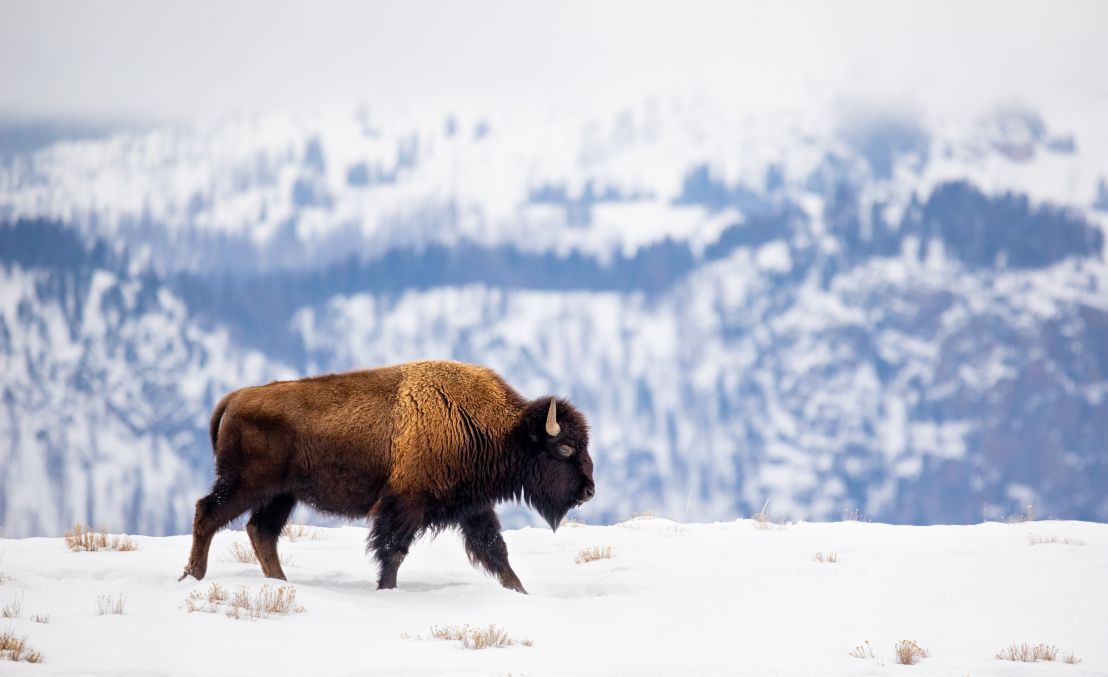Rewilding is one of the hottest topics in conservation at the moment, and lately we've been speaking to some of the leading voices in the movement. We recently published an interview with Isabella Tree about her groundbreaking rewilding project at Knepp Estate, as well as a feature with Rewilding Europe focused on how ecotourism and rewilding can work to build circular, nature-based economies which benefit local communities, and we also covered the fight to turn the Vjosa river in Albania into a national park.
Well, in Shine On for April, our good news feature which aims to get your month off to an optimistic start, we’re keeping the focus on conservation going, with some cracking stories from around the globe. Fish waste containers, anyone?
17,000km of biodiversity superhighways mapped out to help butterflies and bees in the UK
It’s not just the photogenic species that the superhighways are going to help across the UK, either. The Wildlife charity ‘Buglife’ are aiming to create an enormous 17,000km network of insect pathways, which would link the best remaining wildflower-rich habitats in the UK, all the way from Cornwall on the southern England coast to the Shetland Islands up north.
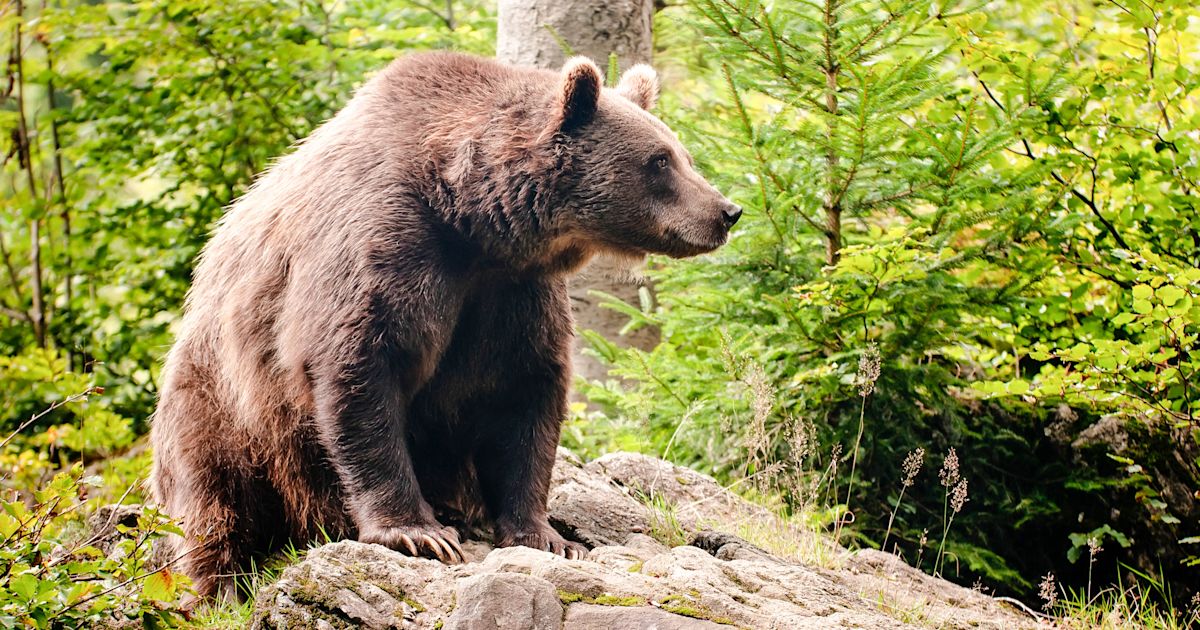
The superhighways are aimed at addressing the huge loss in habitat insects have faced due to pollution, climate change and changes in land usage, and the fact that remaining populations tend to be trapped in “island” type environments, unable to travel further afield to pollinate elsewhere. You can learn more from the video above, or in this article from Buglife B-Lines.
Scientists produce biodegradable plastic made from fish waste
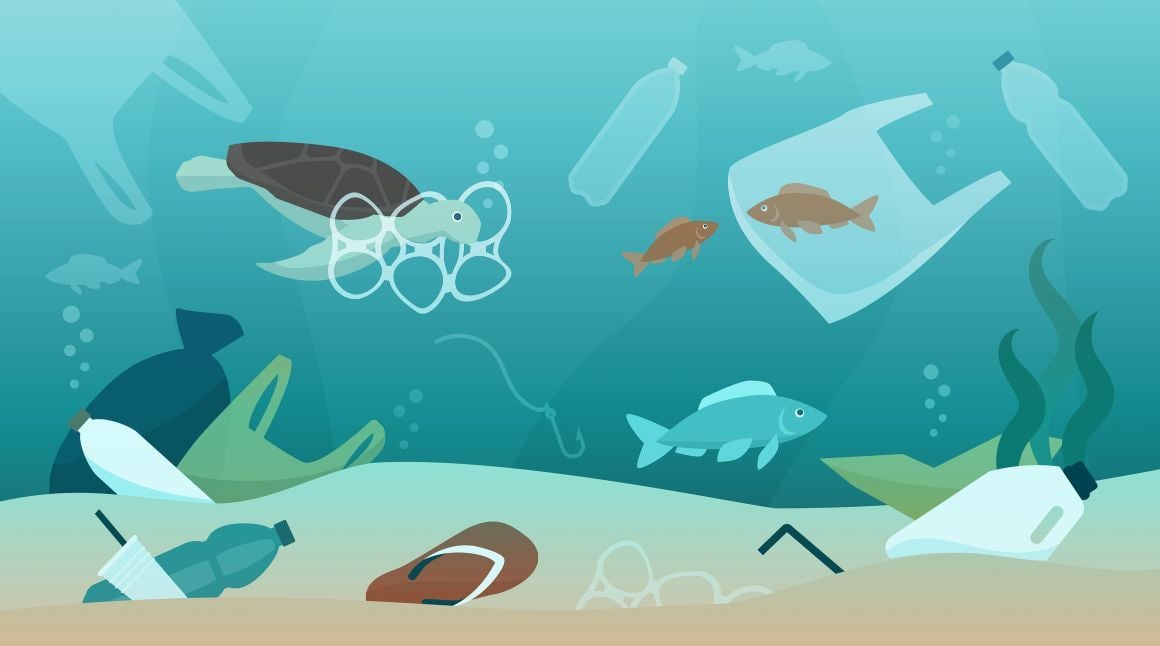
One of the biggest issues in global pollution is undeniably that of single-use products, and their nasty habit of getting out into nature as litter. So, any news of a possible plastic alternative is always welcome. Now, a team led by Francesca Kerton, a scientist based at the Memorial University of Newfoundland, have discovered one potential fix for the single-use issue in the oceans. It's fish waste, which Kerton's team have been able to turn into a biodegradable plastic.
“It is important that we start designing plastics with an end-of-life plan, whether it's chemical degradation that turns the material into carbon dioxide and water, or recycling and repurposing,” Ms Kerton said. Read more in The Independent.
European Union encourages Albania to establish the Vjosa National Park
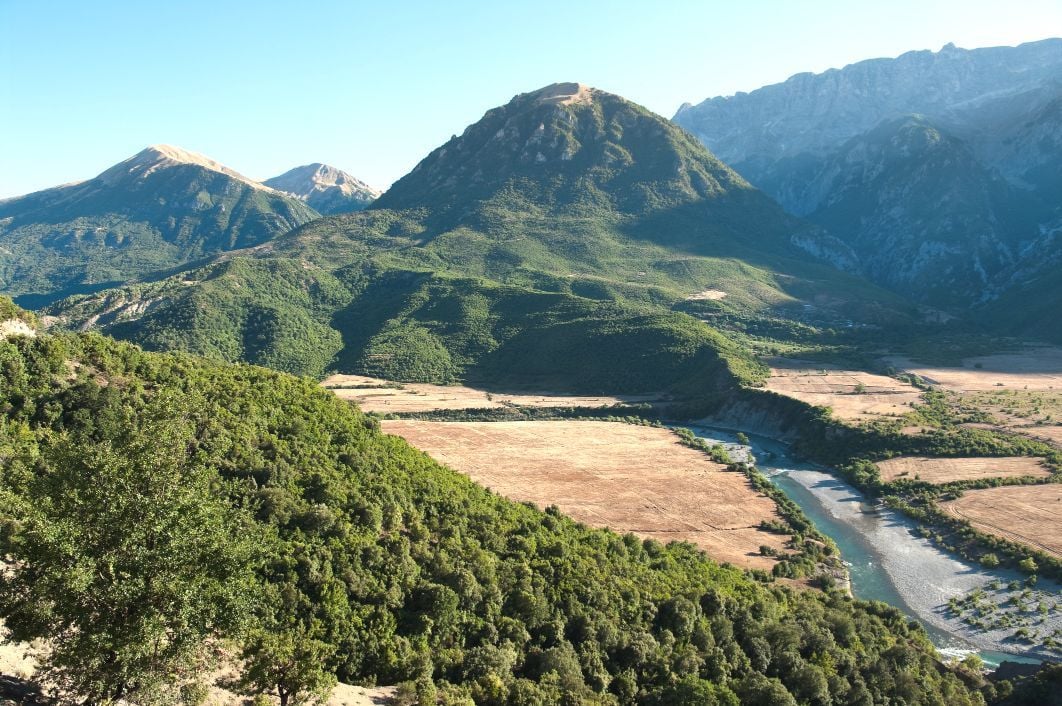
The campaign is currently on to get the government of Albania to declare the full length of the Vjosa River Europe's first Wild River National Park. The Vjosa is the last wild river in Europe, and runs from the Greek mountains, through Albania and out to the Adriatic Sea untamed and undammed for 270km. What makes it so special is not only this, but also that so many of the tributaries are undammed.
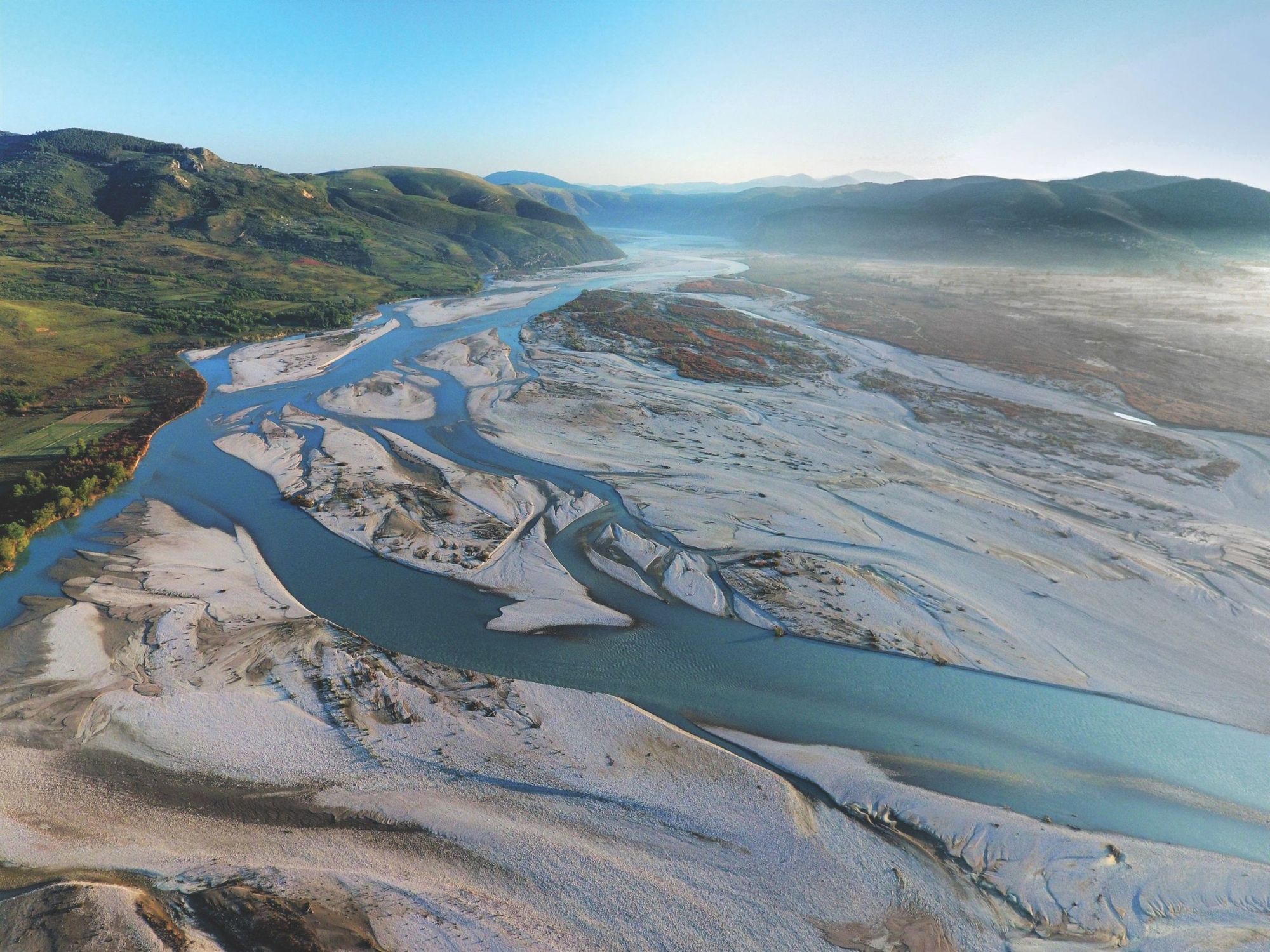
It’s the last of its kind in Europe, and as such, is home to a huge range of endangered species and is a stunning showcase of biodiversity. On 25 March 2021, the campaign saw a boost as the European Parliament adopted the resolution to encourage Albania "to establish as soon as possible the Vjosa National Park, extending the whole length of the river." The battle isn't won, but it is a big step in the right direction, and increases the pressure on Albanian politicians to commit to the national park ahead of upcoming elections.
Read our in depth interview with RiverWatch CEO Ulrich Eichelmann now, on the fight to declare the #VjosaNationalParkNow and save the Albanian river.
The Russian scientists rewilding to help protect the Permafrost
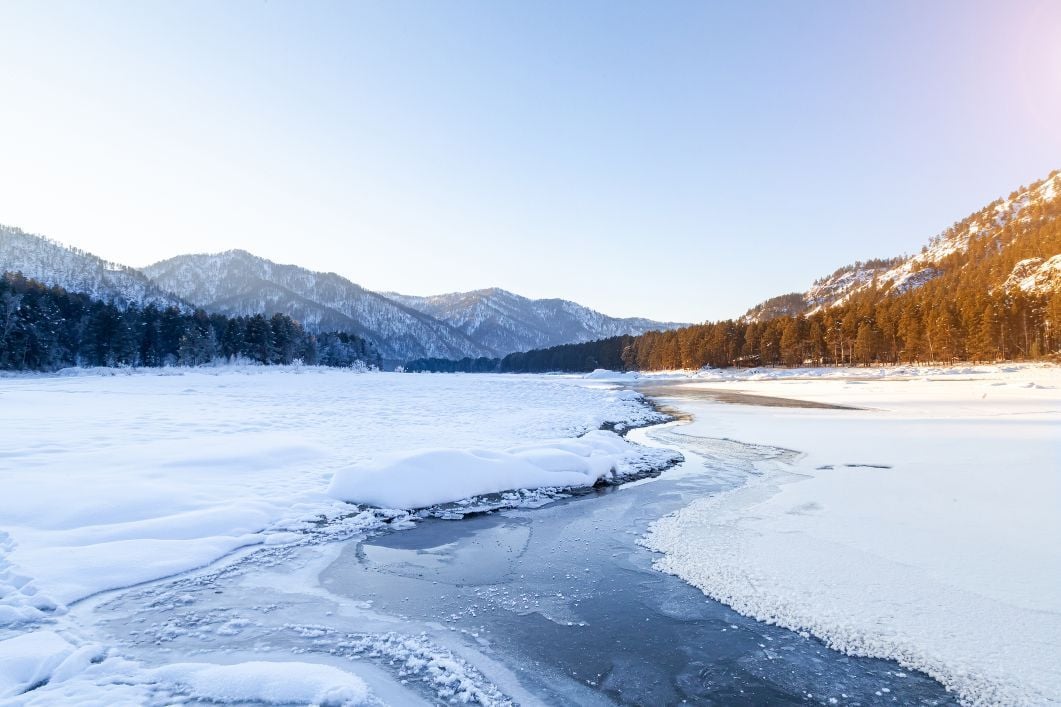
Trees are often thought to be the good guys when it comes to climate change, but surprisingly, that’s not always the case. In Siberia, the landscape was changed when humans first arrived 15,000 years ago and the herbivores were hunted out. The forests that took over from the grasslands in that time, in a far northern area which is now warming due to climate change, are causing problems.
In ‘Pleistocene Park’, Russian scientists are carrying out a radical rewilding project - actually removing trees and reintroducing species of grazing animals, including bison, reindeers, sheeps and cows, to help protect the permafrost (the frozen ground, which goes down many metres) from thawing, and thus from releasing huge levels of stored methane into the atmosphere. Listen to this wonderful 15-minute podcast which explores the topic in depth on BBC Sounds.
Land is worth more when left to nature, says new study
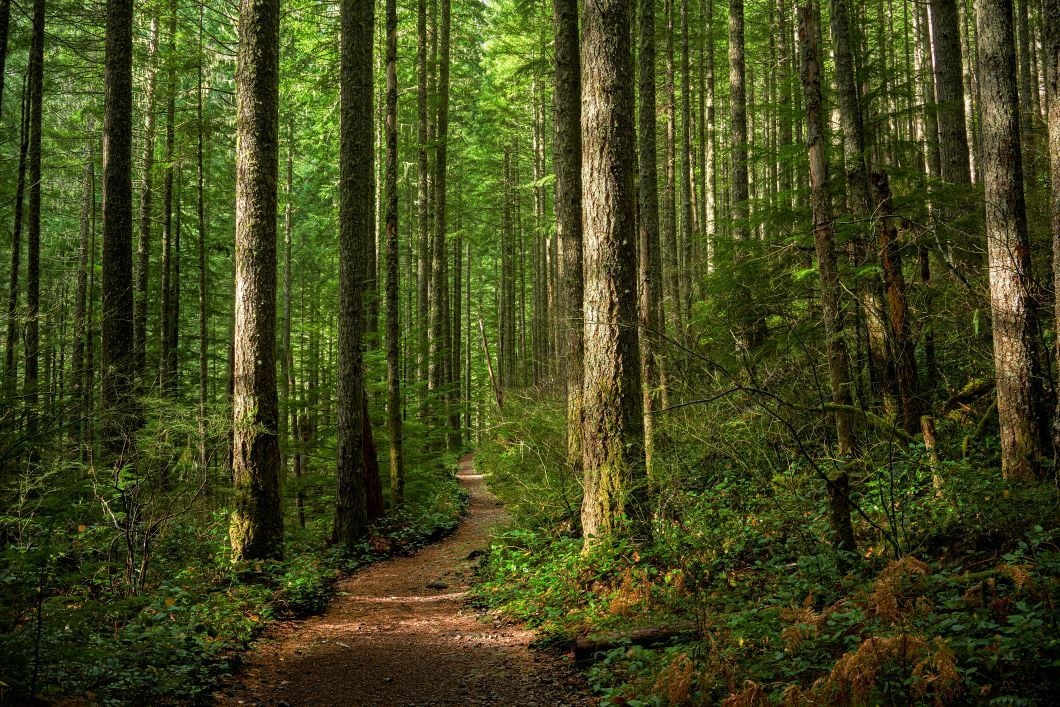
A new study led by the University of Cambridge and the Royal Society for the Protection of Birds (RSPB) has found that the economic consequences of conserving or restoring sites for natural purposes outweigh the potential profit that could be made on the same sites by extracting natural resources.

This isn't to say all land should only be conserved if financially viable of course, but it does just go to show that even if finances are the motives behind a decision to be made on land use, conservation can often be the best option. This is largely due to ecosystem services payments for the likes of carbon storage, flood protection and more. Of 24 sites analysed, more than 70% provided more economic value in their natural state, including 100% of forest sites.
Lead author, Dr Richard Bradbury from the RSPB, said: “Stemming biodiversity loss is a vital goal in itself, but nature also fundamentally underpins human wellbeing. We need nature-related financial disclosure, and incentives for nature-focused land management, whether through taxes and regulation or subsidies for ecosystem services.”
Read more on Positive News, or read the full study on Nature.com.
We hope our shining spotlight gave you a lift going into April 2021. Now... maybe give yourself an adventure to look forward to?

